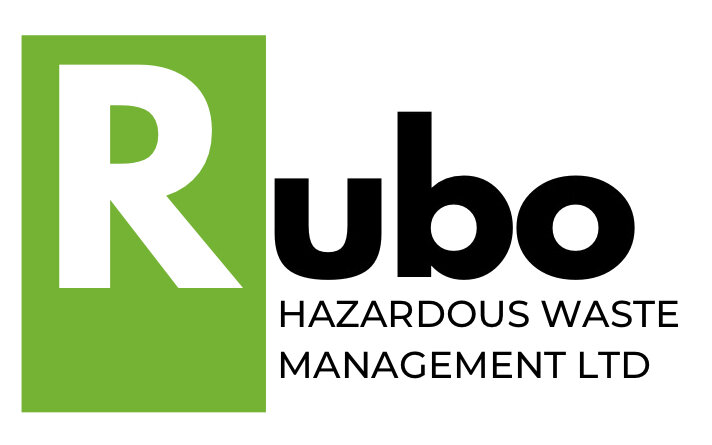Comprehensive Hazardous Waste Collection for Adhesives Manufacturer
At Rubo Hazardous Waste Management, we specialise in offering bespoke hazardous waste solutions for industries across the UK. This case study highlights our ongoing partnership with an adhesives manufacturer in Greater Manchester, showcasing our expertise in handling diverse waste streams efficiently, safely, and sustainably.
The Challenge
Our client produces a wide range of adhesives, generating multiple hazardous waste types that require careful handling and disposal. The waste streams collected during the most recent monthly service included:
Mixed Solvent Waste (Liquid) <1% Chlorine: A flammable and volatile waste stream requiring containment to prevent environmental impact and exposure risks.
Mixed Solvent Waste (Viscous) Non-Pumpable: A dense, non-pumpable solvent residue presenting challenges in handling and disposal.
Plastic, PPE, and Filters Contaminated with Mixed Solvent: A combination of hazardous materials requiring specialist treatment to separate and manage contaminants.
Empty 205-Litre Clip-Top Drums: Previously containing hazardous substances, these drums required cleaning and disposal as contaminated packaging..
The diversity and nature of the waste streams demanded a flexible, comprehensive, and compliant approach.
Our Solution
Rubo developed a tailored hazardous waste management plan that included:
On-Site Waste Segregation: Ensuring each waste type was correctly identified, segregated, and labelled to avoid cross-contamination and ensure compliance with waste classification regulations.
Safe Packaging and Labelling: All waste was consolidated into UN-approved containers with clear labelling, including appropriate UN numbers and hazard classifications:
Mixed Solvent Waste (Liquid): UN 1993, Class 3 (Flammable liquid).
Plastic/PPE/Filters: Classified under HP4 (Irritant) and HP14 (Ecotoxic) due to contamination.
Empty Drums: Treated as contaminated packaging under HP3 (Flammable) and HP4 (Irritant).
Specialist Transport and Disposal:
Mixed Solvent Waste (Liquid): Sent for solvent recovery and energy recovery at licensed facilities.
Non-Pumpable Viscous Waste: Processed for safe incineration, ensuring complete destruction of hazardous residues.
Plastic, PPE, and Filters: Use for energy recovery.
Empty Drums: Inspected and either cleaned for reuse or shredded for safe disposal.
Teaching Moment: Why Proper Management Matters
Improper handling of these waste types can lead to serious safety, health, and environmental risks. For example:
Mixed Solvents (<1% Chlorine): Even low chlorine content can release harmful gases if mishandled during disposal.
Non-Pumpable Waste: Thick, viscous solvents require specialised incineration processes to ensure the complete breakdown of toxic components.
Contaminated PPE and Filters: These materials can spread hazardous residues, underscoring the importance of proper handling before and during disposal.
The Results
Volume Managed: Approximately 14,500 kg of mixed hazardous waste per month.
Compliance: Full adherence to UK and EU hazardous waste regulations, including proper classification and tracking via consignment notes.
Environmental Impact: Prioritisation of recovery and recycling processes reduced landfill dependency and supported sustainable waste management.
Client Benefits: Efficient monthly waste management ensured uninterrupted operations and regulatory peace of mind.
Rubo delivers reliable and sustainable waste management solutions tailored to your business’s unique needs.
